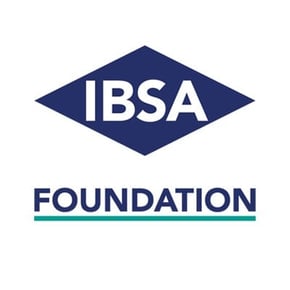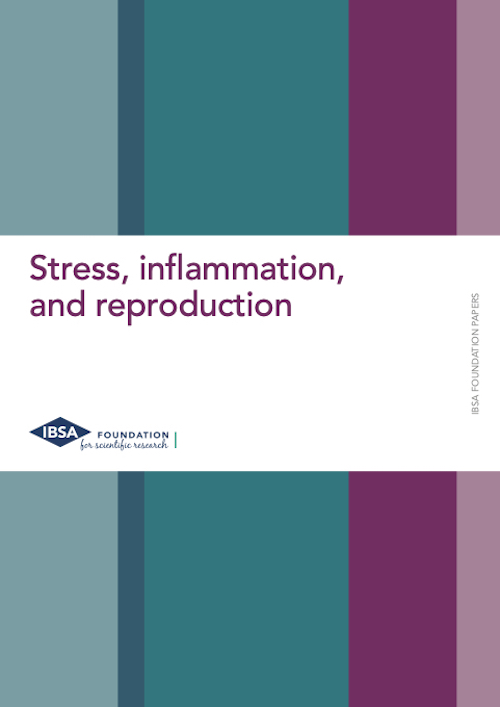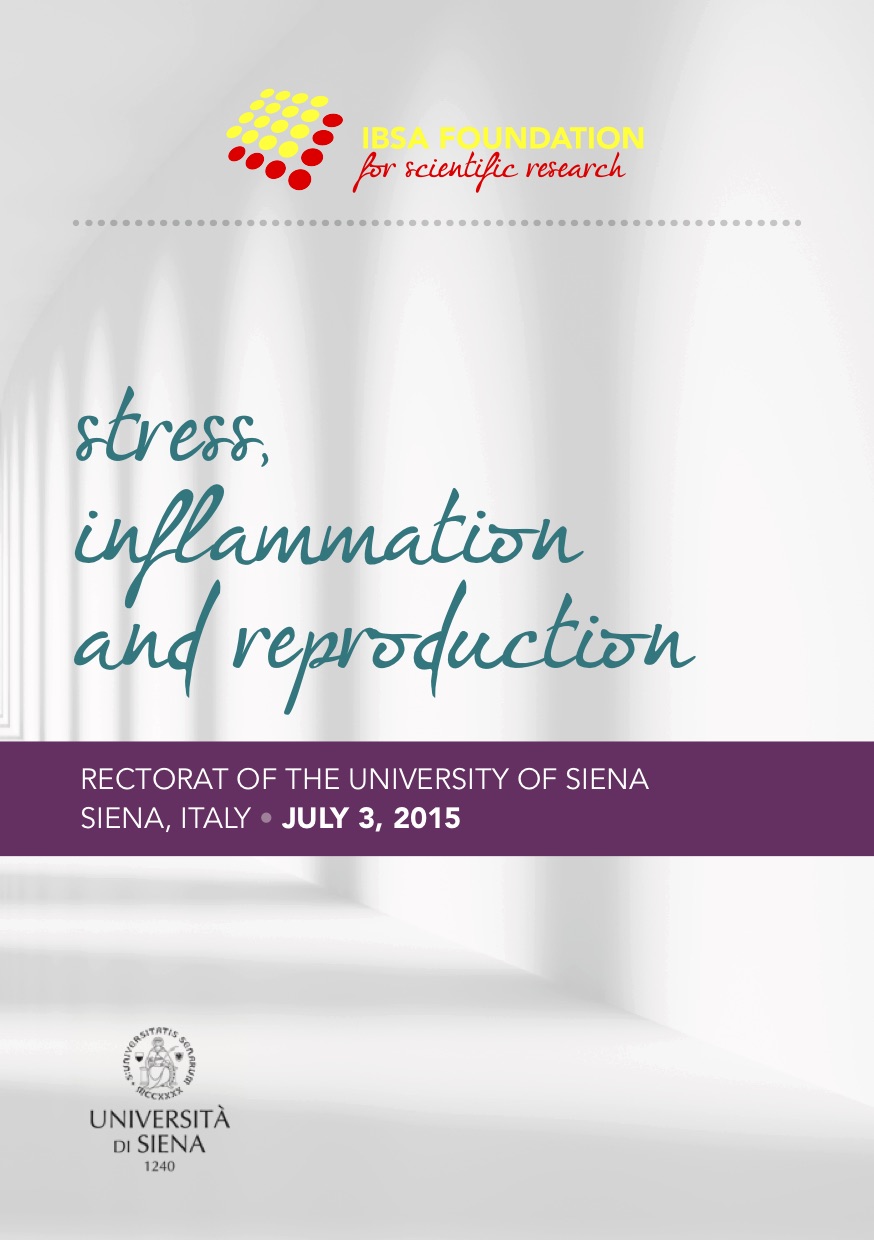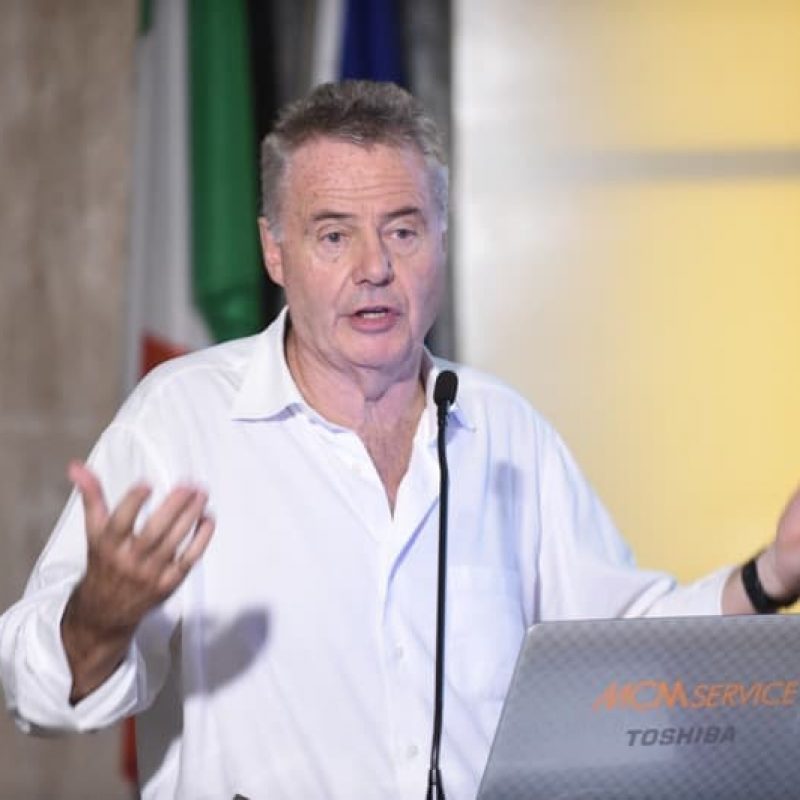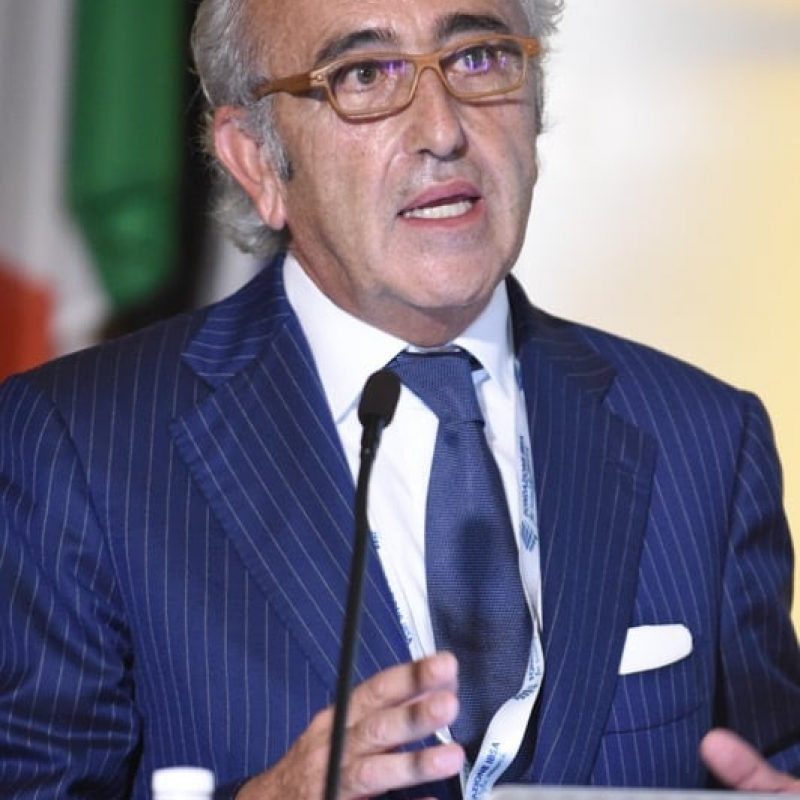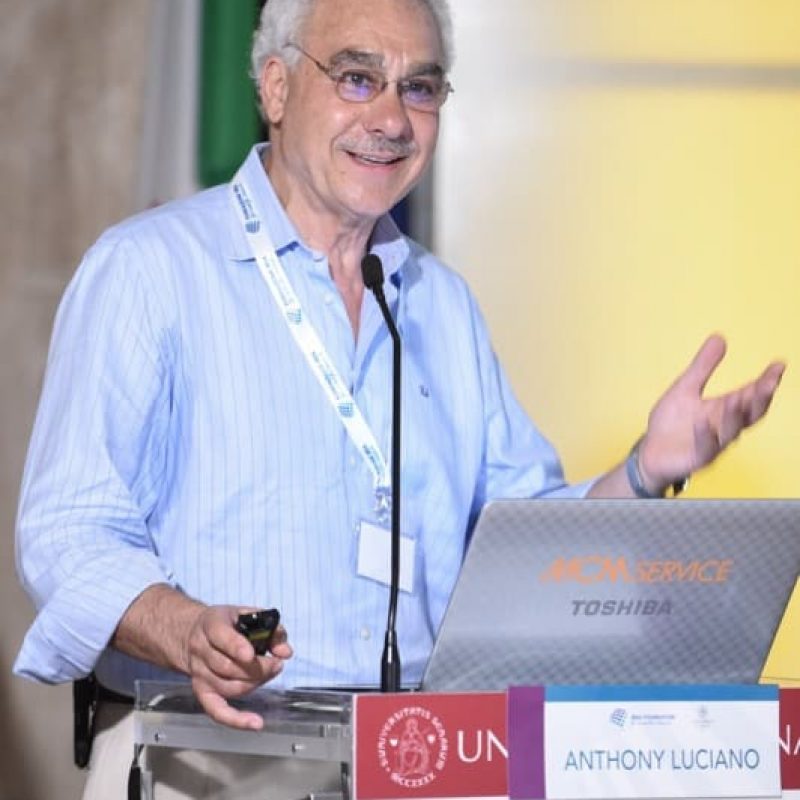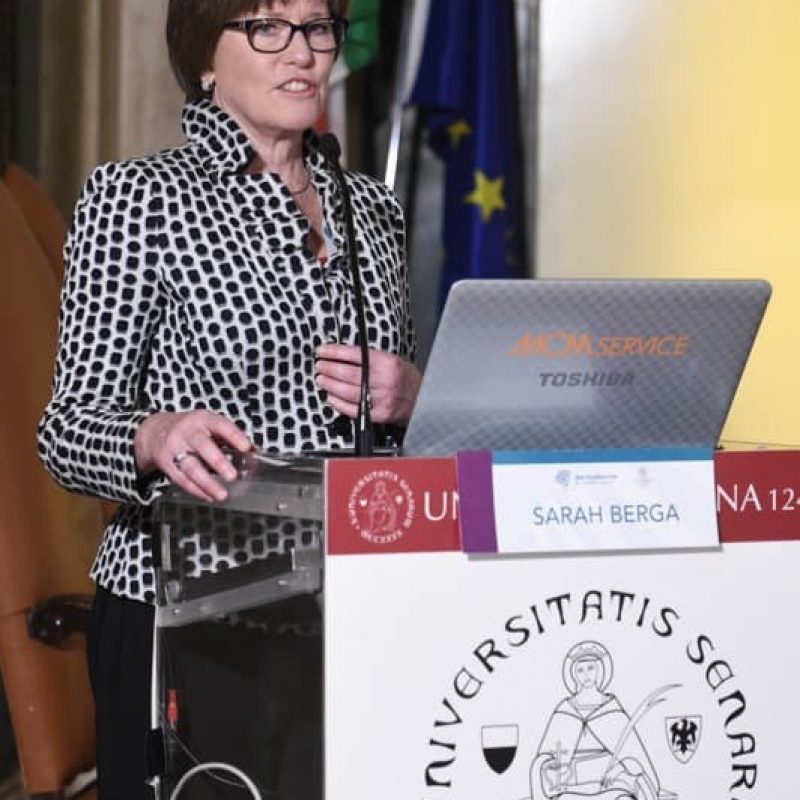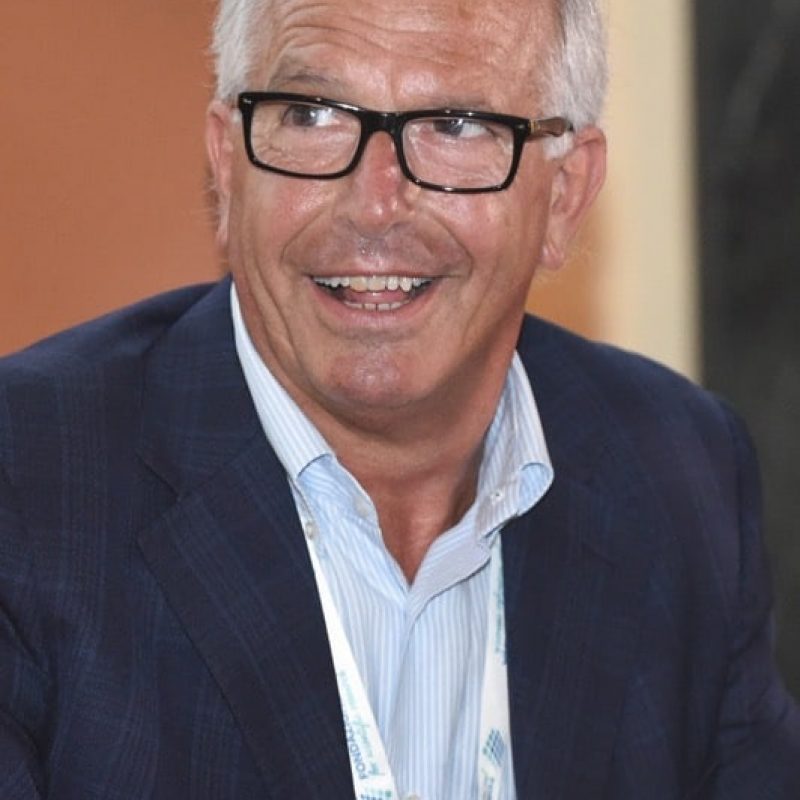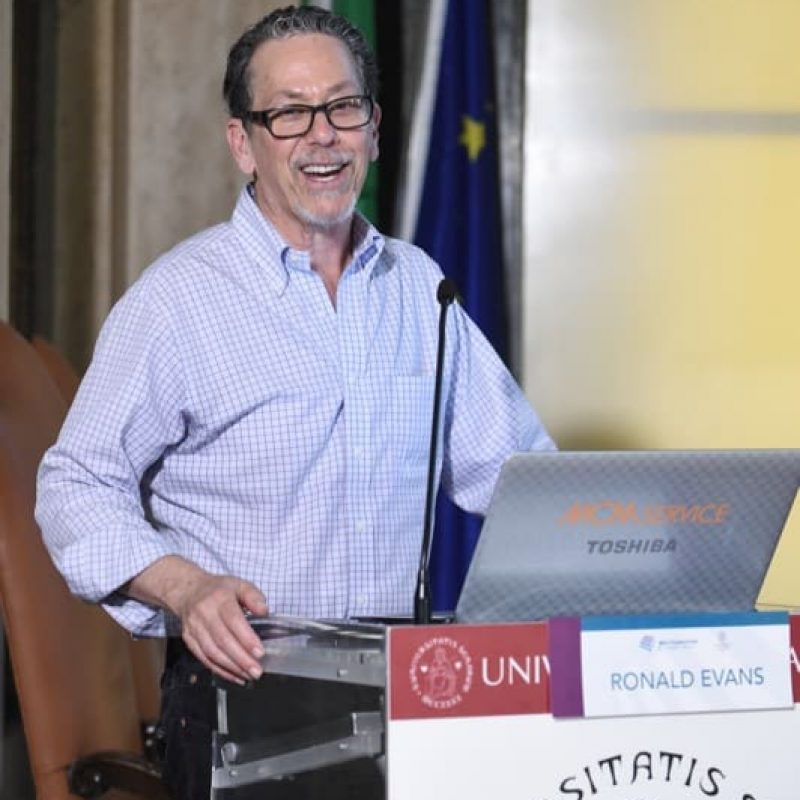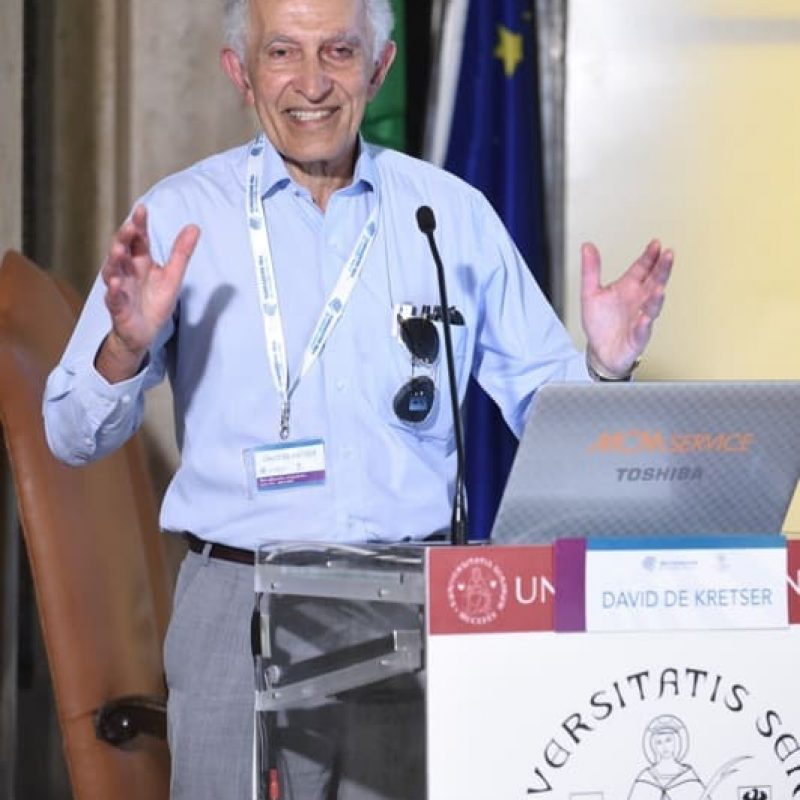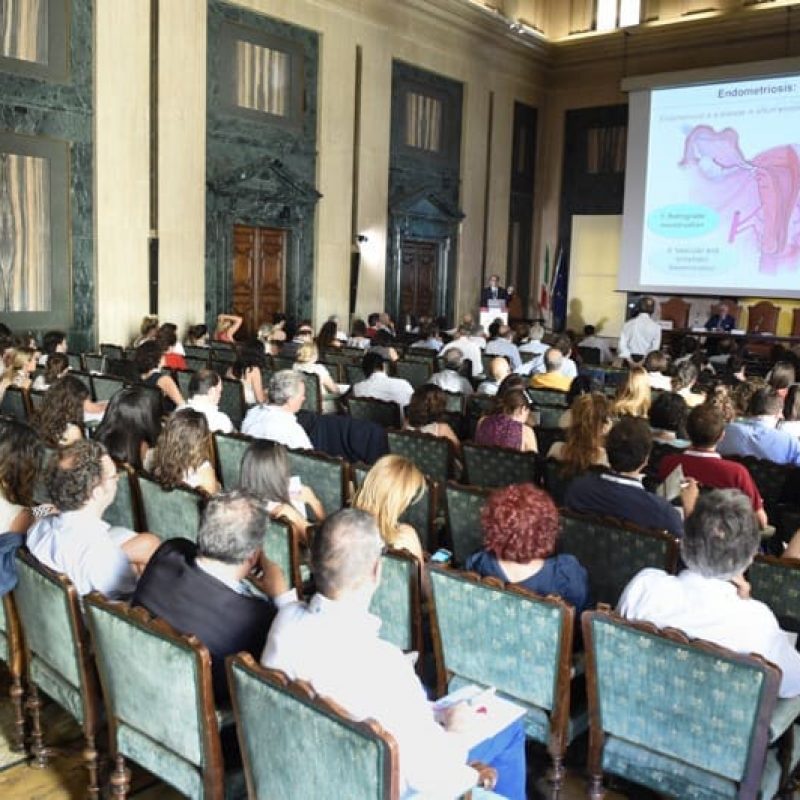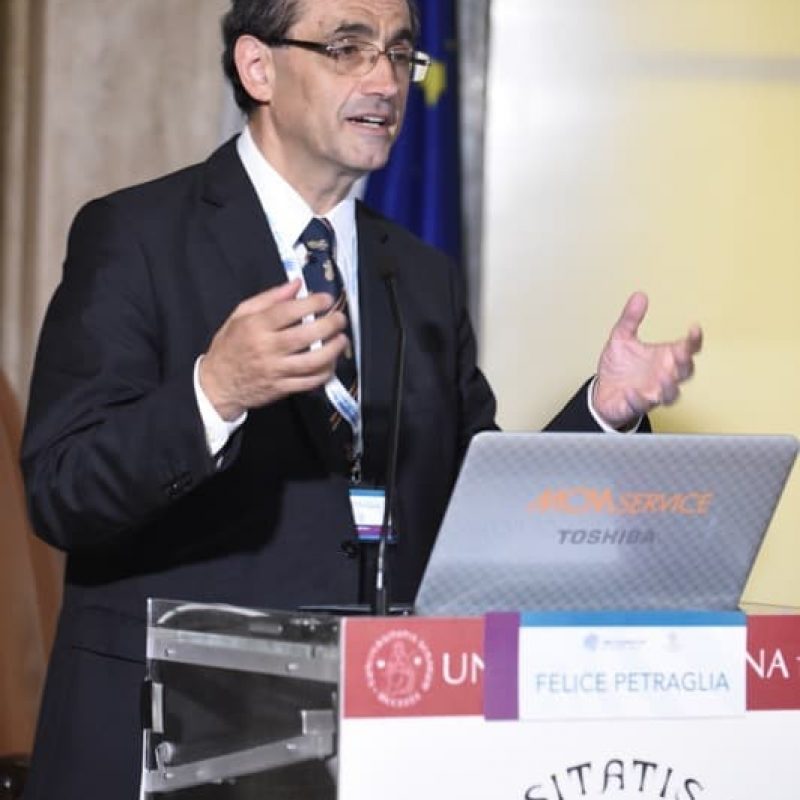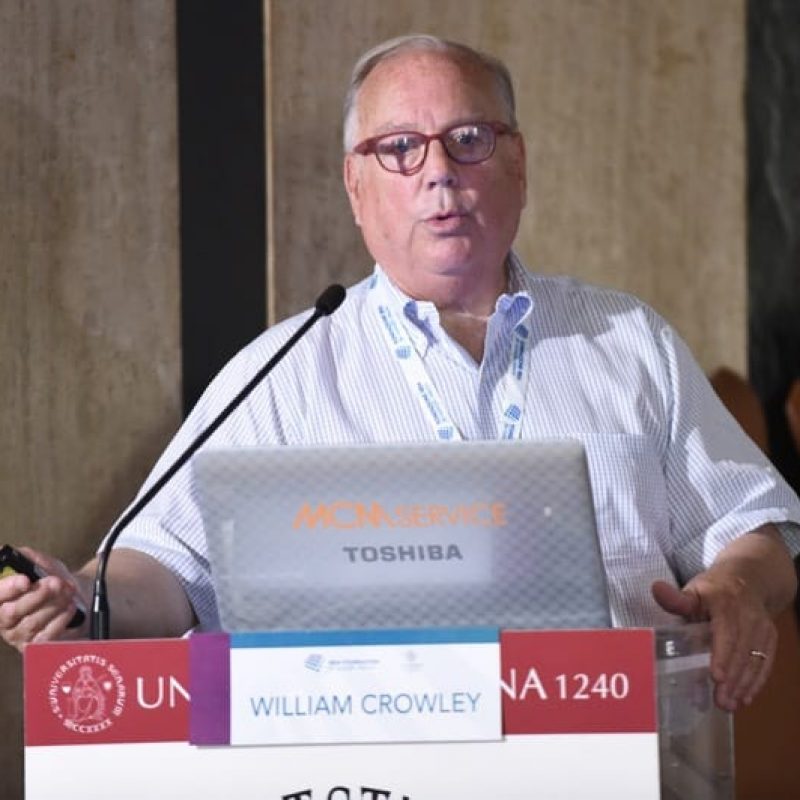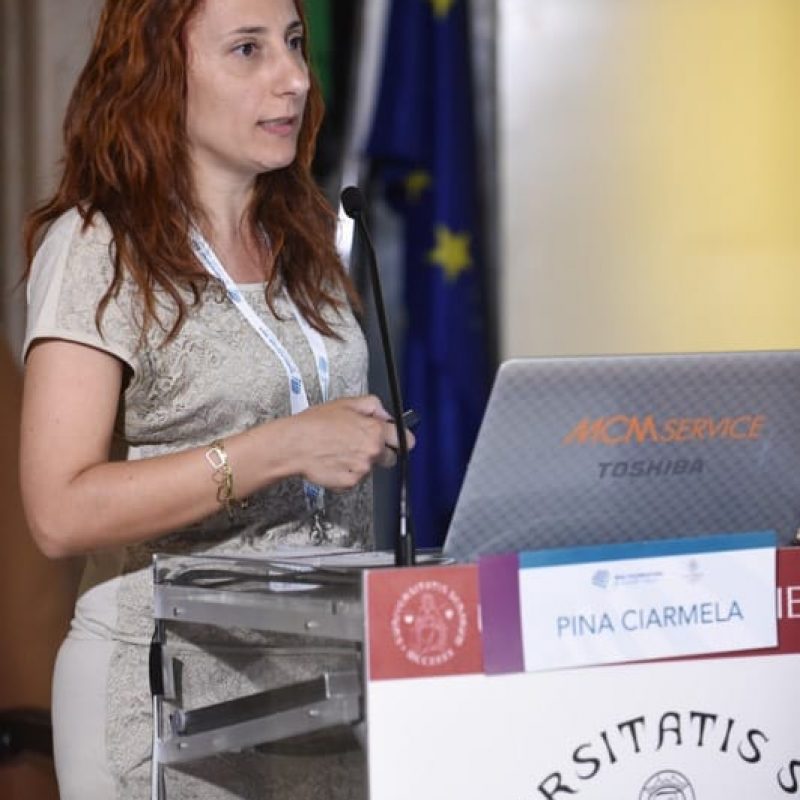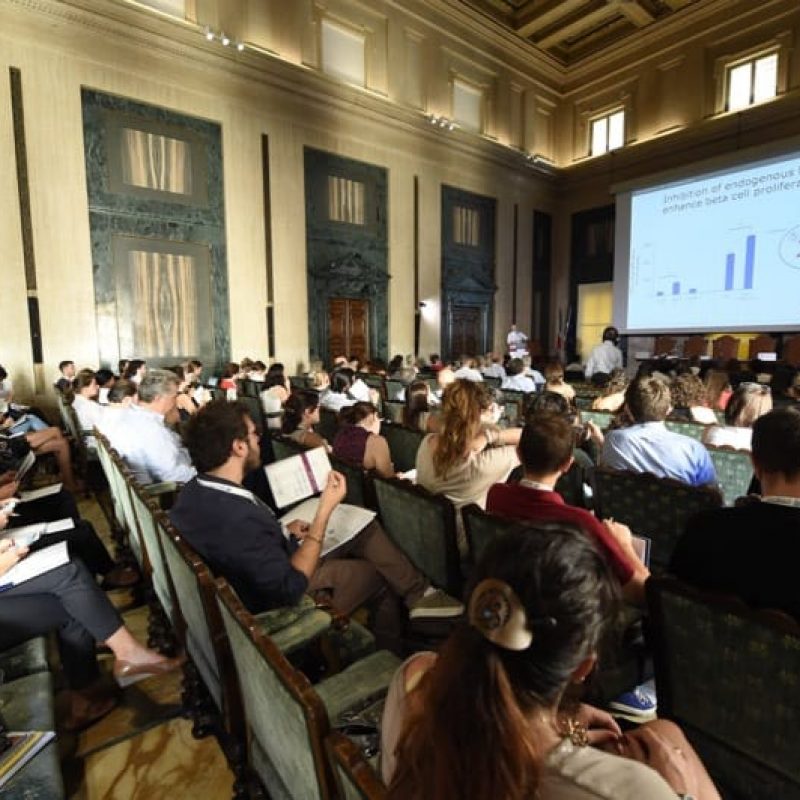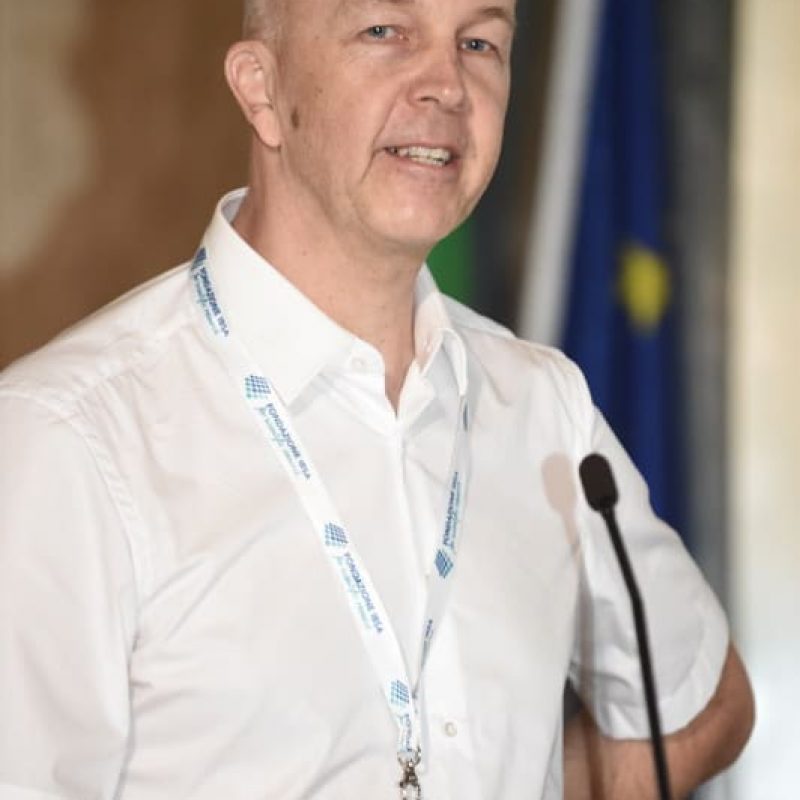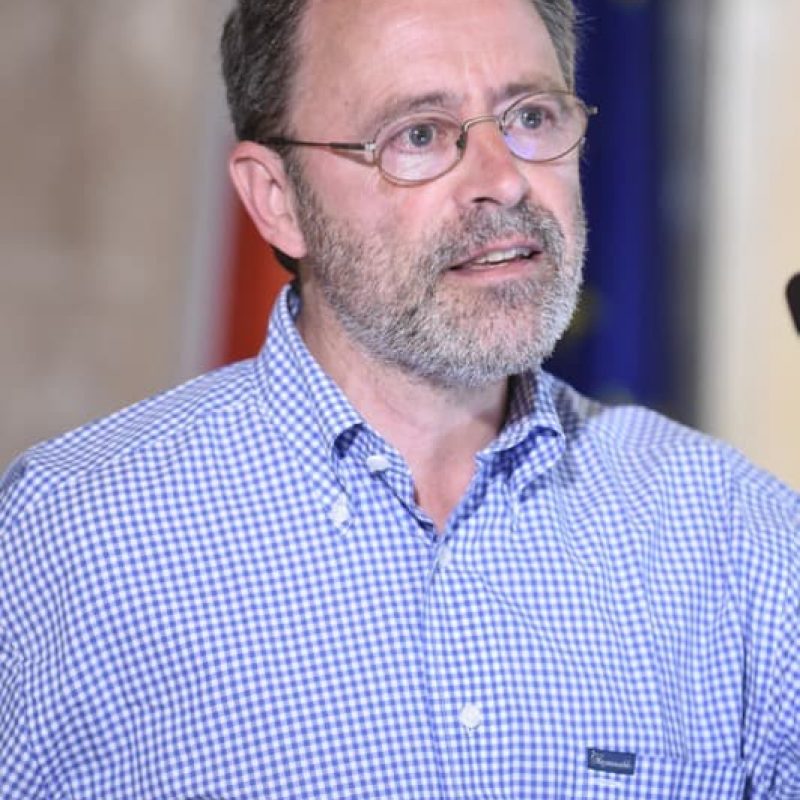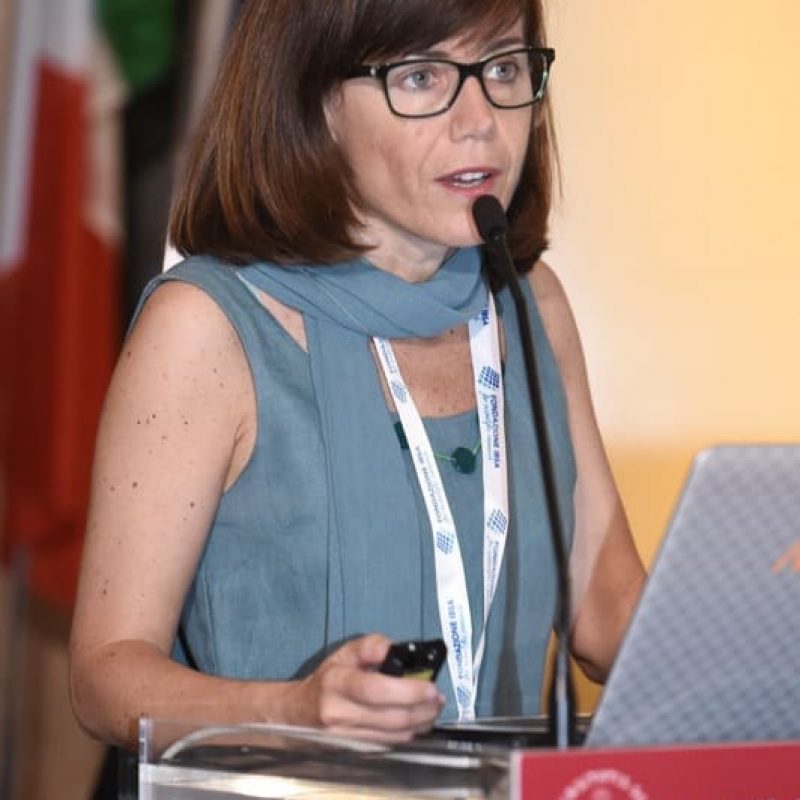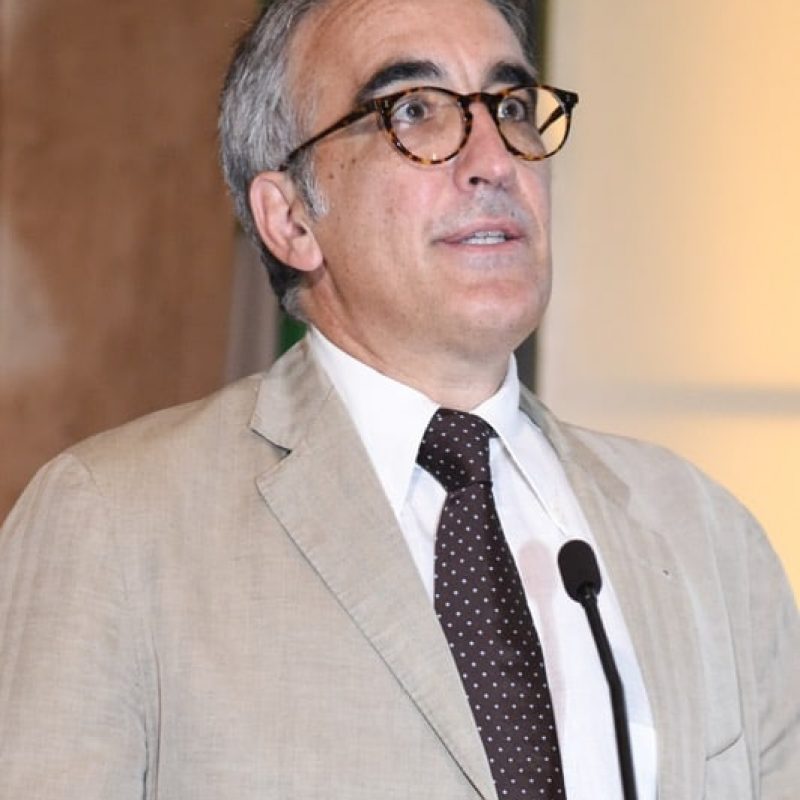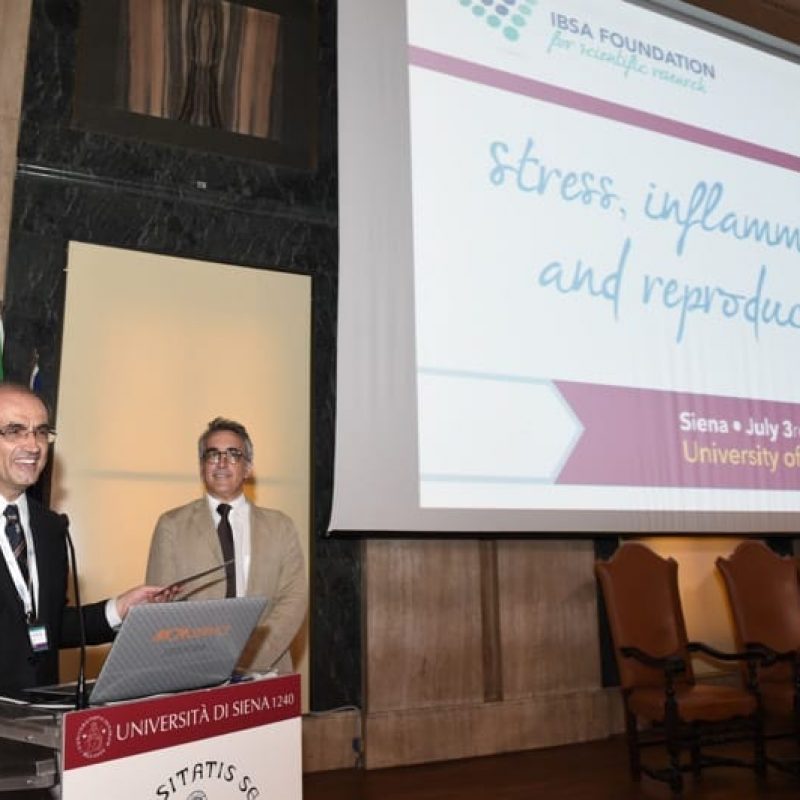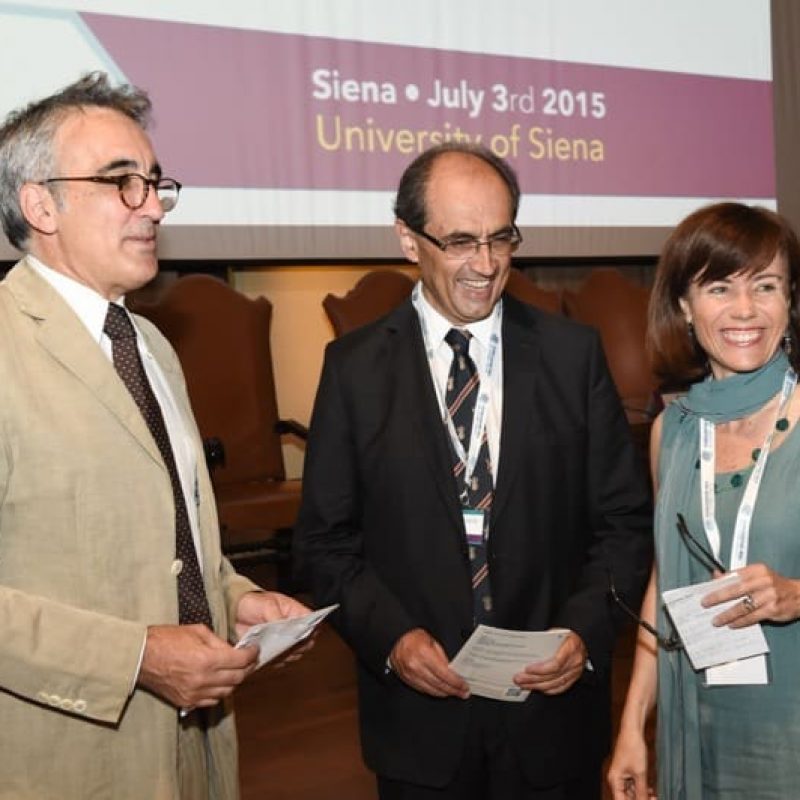Stress has negative repercussions on the reproductive function. This is the clear conclusion emerging from the international Forum titled ‘Stress, Inflammation and Reproduction’ organised by the IBSA Foundation for scientific research at the University of Siena, Italy. Evidence of this from fundamental and clinical research was presented by the various experts from the US, Australia and a number of European countries to the audience, including a copious number of students, who crowded the University Great Hall.
In his welcome address, opening the Forum, the Dean of the University of Siena, Angelo Riccaboni, underscored the importance of meetings like this for the entire academic community. Then, the Forum Chairman Professor Felice Petraglia, Chair of Obstetrics and Gynaecology, University of Siena and its Medical Centre, introduced the theme of the Forum, pointing out that stress affects psychological health and the immune system causing inflammation that, especially when chronic, interferes with the reproductive function, reducing the ability to conceive. Chronic psychological, metabolic or physical stress has a negative impact on the central nervous system and the hormonal system of both women and men, reducing their chances of conception. In 30% of couples who could not get pregnant, it has been found that high stress levels affected inflammatory cytokines and neuropeptides and inhibited ovulation and sperm production (B. C. Tarlatzis). The connection of the central nervous system, the endocrine system and the immune system is one of the newest pieces of evidence from modern research including in reproductive medicine (M. Montminy).
Professor Sarah Berga, Wake Forest Baptist Medical Center, USA, showed how amenorrhea (the absence of menstruation) in female athletes, significant weight loss and relationship crises involve a series of common factors and functions causing temporary infertility. Stress is a main cause of female reproductive diseases such as endometriosis which affects 10% of women of reproductive age, and polycystic ovarian syndrome (PCOS) which affects 10-15% of women, as pointed out by Professor Bart Fauser, Utrecht University, the Netherlands. These disorders start from hormonal alterations and over time involve inflammatory mechanisms that reduce fertility. This is why recent treatments to combat infertility entail the use of hormones and anti-inflammatory medications.
The conditions above are the most frequently diagnosed among those leading to assisted reproduction technology (ART) treatments at infertility centres (A. Luciano, A. Pellicer). 25% of couples undergoing ART treatment experience stress during the waiting period and in anticipation of results. This makes it more difficult to attain treatment success and often takes its toll on the couple relationship. Stress is dangerous during pregnancy too, as it can cause a miscarriage in the first months of pregnancy or premature births (J. Challis). What can we do to fight stress, then? In his plenary lecture, Professor Ronald Evans, Director of the Salk Institute’s Gene Expression Laboratory, La Jolla, California, USA – indicated as a candidate for the Nobel prize for medicine over the years – explained how modern pharmacology is working on novel molecules acting on stress mediators transcription and receptor mechanisms.
Relatori
- Marc Montminy, Salk Institute, La Jolla, California, USA
- Ronald Evans, Gene Expression Lab, Salk Institute, La Jolla, California, USA
- Sarah Berga, Wake Forest Baptist Medical Center, USA
- Pina Ciarmela, Università Politecnica delle Marche, Italy
- Nils Billestrup, Università di Copenhagen, Denmark
- Felice Petraglia, Università di Siena, Italy
- David de Kretser, Monash University, Australia
- Basil Tarlatzis, Aristotle University of Thessaloniki, Greece
- Bart Fauser, University Medical Center, Utrecht, Holland
- Antonio Pellicer, IVI Valencia, Spain
Video
Video interviews
Photos
